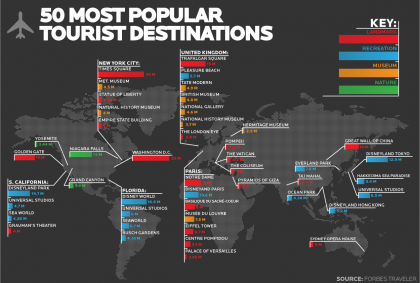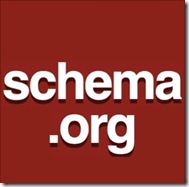I believe Data, or more precisely changes in how we create, consume, and interact with data, has the potential to deliver a seventh wave impact. With the advent of many data associated advances, variously labelled Big Data, Social Networking, Open Data, Cloud Services, Linked Data, Microformats, Microdata, Semantic Web, Enterprise Data, it is now venturing beyond those closed systems into the wider world. It is precisely because these trends have been around for a while, and are starting to mature and influence each other, that they are building to form something really significant.










